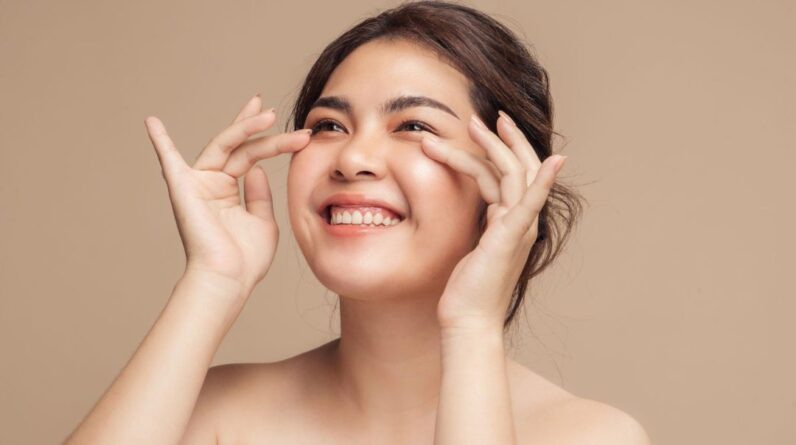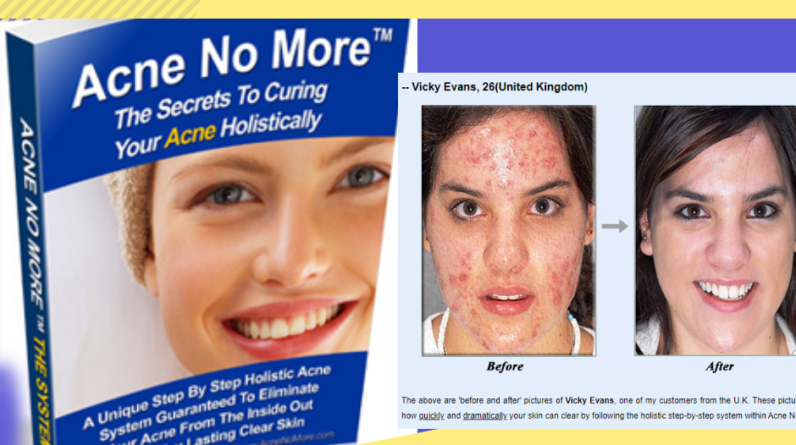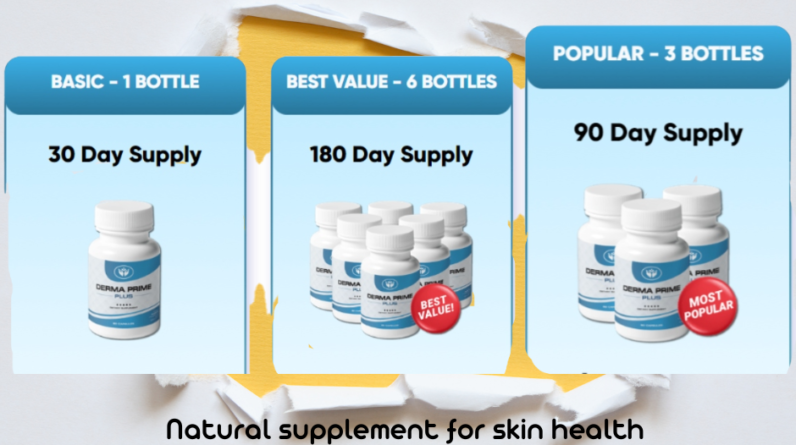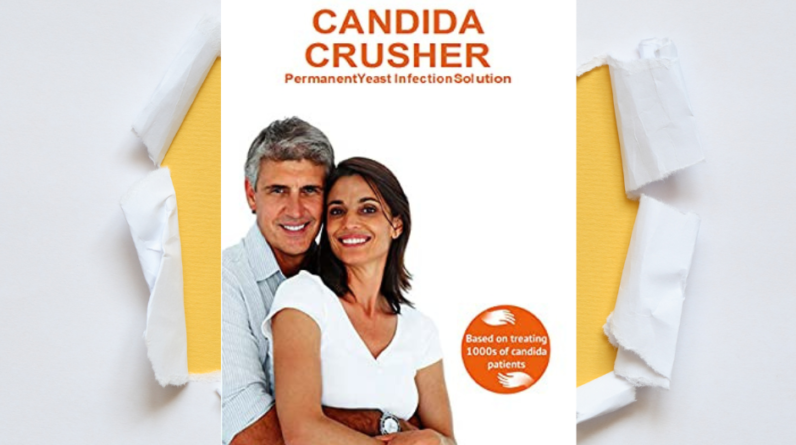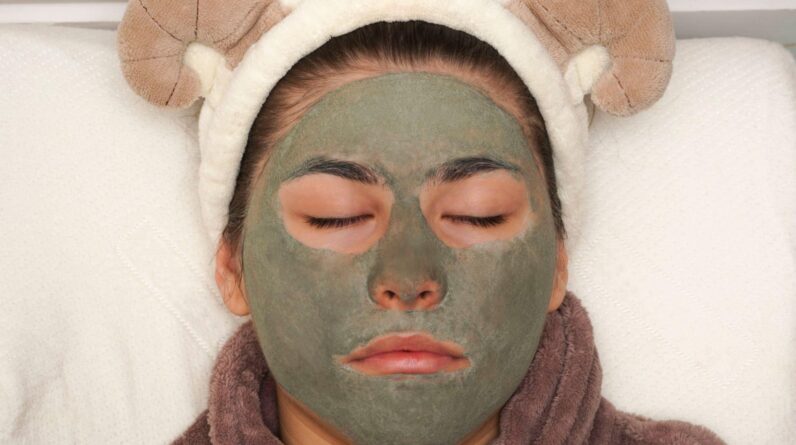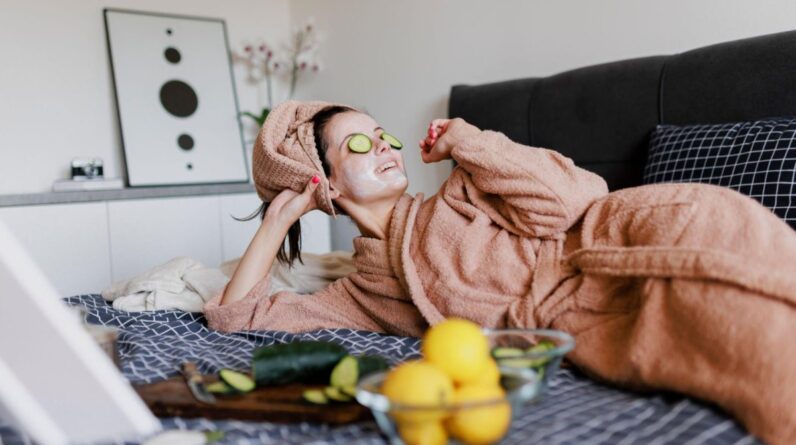
Effective Remedies and Natural Treatments
Acne is a common skin condition that affects millions of people worldwide. It occurs when hair follicles become clogged with oil and dead skin cells, leading to the formation of pimples, blackheads, and whiteheads. Although acne is not life-threatening, it can cause emotional distress and affect a person’s self-esteem. Fortunately, there are numerous acne treatments and remedies available that can help to reduce and eliminate acne. In this article, we will discuss some of the top acne treatments recommended by dermatologists, including both conventional and natural treatments.
Conventional Acne Treatments
Conventional acne treatments typically involve the use of topical and oral medications. These treatments are available over-the-counter or through a prescription from a dermatologist. Here are some of the most common conventional acne treatments:
- Benzoyl Peroxide
Benzoyl peroxide is a topical medication that is available in gel, cream, and wash form. It works by killing bacteria that cause acne and by helping to unclog pores. Benzoyl peroxide can be effective in treating mild to moderate acne. However, it can cause skin irritation and dryness, so it is essential to use it as directed. - Retinoids
Retinoids are topical medications that are derived from vitamin A. They work by unclogging pores, reducing inflammation, and promoting cell turnover. Retinoids are available in various forms, including creams, gels, and solutions. They are typically used to treat moderate to severe acne. However, retinoids can cause skin irritation, dryness, and sun sensitivity, so it is crucial to follow the dermatologist’s instructions when using them. - Antibiotics
Antibiotics are medications that can be taken orally or applied topically to treat acne. They work by killing bacteria that cause acne and reducing inflammation. Oral antibiotics are typically used to treat moderate to severe acne. However, long-term use of antibiotics can lead to antibiotic resistance, so it is essential to use them only as directed by a dermatologist. - Hormonal Therapy
Hormonal therapy can be used to treat acne in women who have hormonal imbalances. Hormonal therapy works by reducing the amount of androgens in the body, which can contribute to acne. Hormonal therapy is typically prescribed in the form of birth control pills or spironolactone. However, hormonal therapy can cause side effects, such as mood changes and weight gain, so it is essential to discuss the risks and benefits with a dermatologist.
Natural Acne Treatments and Remedies
Natural acne treatments and remedies are becoming increasingly popular as people look for alternatives to conventional treatments. Natural treatments are generally safer and less harsh on the skin than conventional treatments. Here are some of the most effective natural acne treatments and remedies:
- Tea Tree Oil
Tea tree oil is an essential oil that is known for its antibacterial and anti-inflammatory properties. It can be applied topically to acne-prone skin to kill bacteria and reduce inflammation. Tea tree oil is effective in treating mild to moderate acne, but it can cause skin irritation if used in excessive amounts. - Aloe Vera
Aloe vera is a natural anti-inflammatory agent that can be applied topically to reduce redness and inflammation associated with acne. Aloe vera can also help to heal acne scars and promote skin healing. Aloe vera is effective in treating mild to moderate acne, but it may not be effective in treating severe acne. - Honey
Honey is a natural antibacterial agent that can be applied topically to acne-prone skin to kill bacteria and reduce inflammation. Honey also has moisturizing properties that can help to soothe dry, irritated skin. Honey continue writing. Honey is a natural antibacterial agent that can be applied topically to acne-prone skin to kill bacteria and reduce inflammation. Honey also has moisturizing properties that can help to soothe dry, irritated skin. Honey is effective in treating mild to moderate acne and can be used as a face mask or spot treatment. However, people with a honey allergy should avoid using it. - Green Tea
Green tea is rich in antioxidants and has anti-inflammatory properties. It can be applied topically to acne-prone skin or consumed as a beverage to help reduce inflammation and prevent the formation of acne. Green tea is also known to help with skin hydration, which can help to prevent dryness and irritation. However, people with a caffeine sensitivity should avoid consuming green tea. - Zinc
Zinc is a mineral that has anti-inflammatory properties and can help to reduce the production of sebum, which can contribute to acne. Zinc can be consumed as a dietary supplement or applied topically to acne-prone skin. However, excessive consumption of zinc can lead to toxicity, so it is essential to follow the recommended dosage. - Apple Cider Vinegar
Apple cider vinegar is a natural astringent that can help to remove excess oil and unclog pores. It also has anti-inflammatory and antibacterial properties that can help to reduce the severity of acne. Apple cider vinegar can be applied topically to acne-prone skin, but it should be diluted with water before use to avoid skin irritation. - Witch Hazel
Witch hazel is a natural astringent that can help to remove excess oil and reduce inflammation. It can be applied topically to acne-prone skin to help soothe and heal the skin. Witch hazel is also effective in treating acne scars and preventing new acne breakouts. However, people with sensitive skin should avoid using witch hazel as it can cause skin irritation.
Conclusion
Acne can be a frustrating and embarrassing skin condition, but there are many acne treatments and remedies available that can help to reduce and eliminate acne. Conventional acne treatments such as benzoyl peroxide, retinoids, antibiotics, and hormonal therapy can be effective in treating moderate to severe acne. However, natural acne treatments and remedies such as tea tree oil, aloe vera, honey, green tea, zinc, apple cider vinegar, and witch hazel can also be effective in treating mild to moderate acne. It is essential to discuss any acne treatment with a dermatologist before use to determine the best course of action for your skin type and acne severity.


